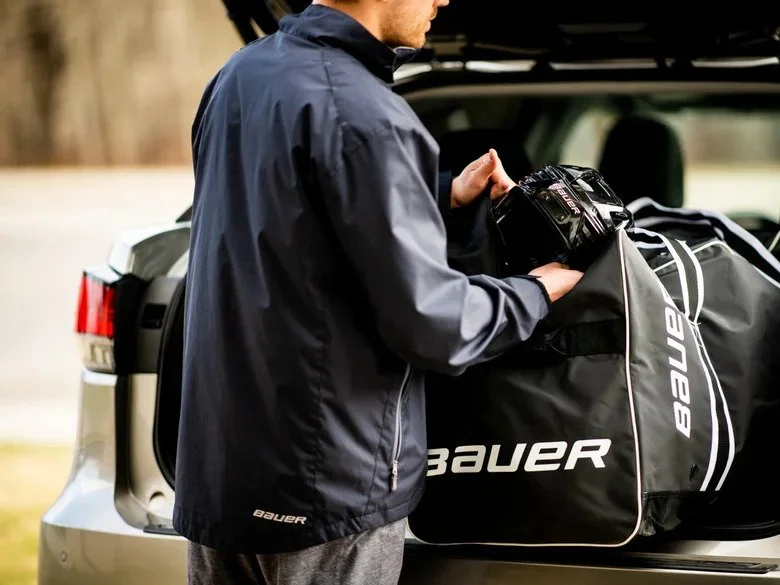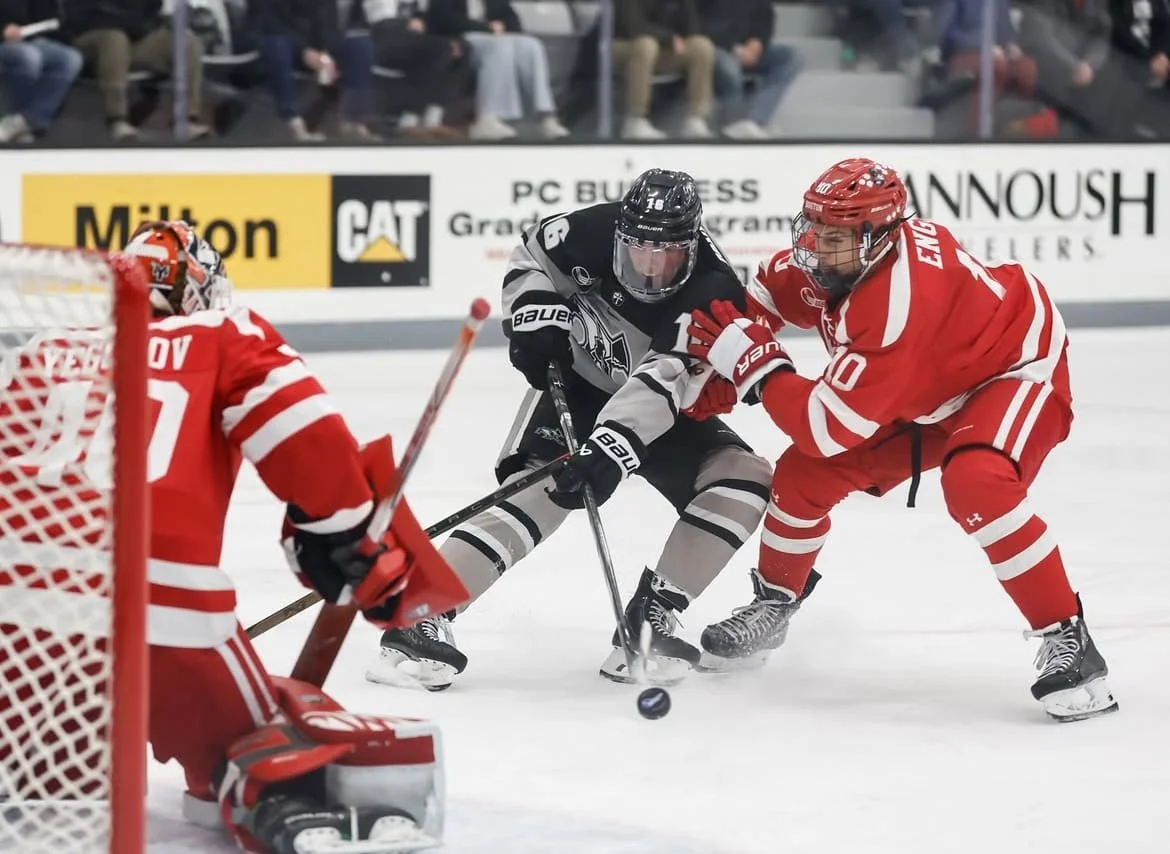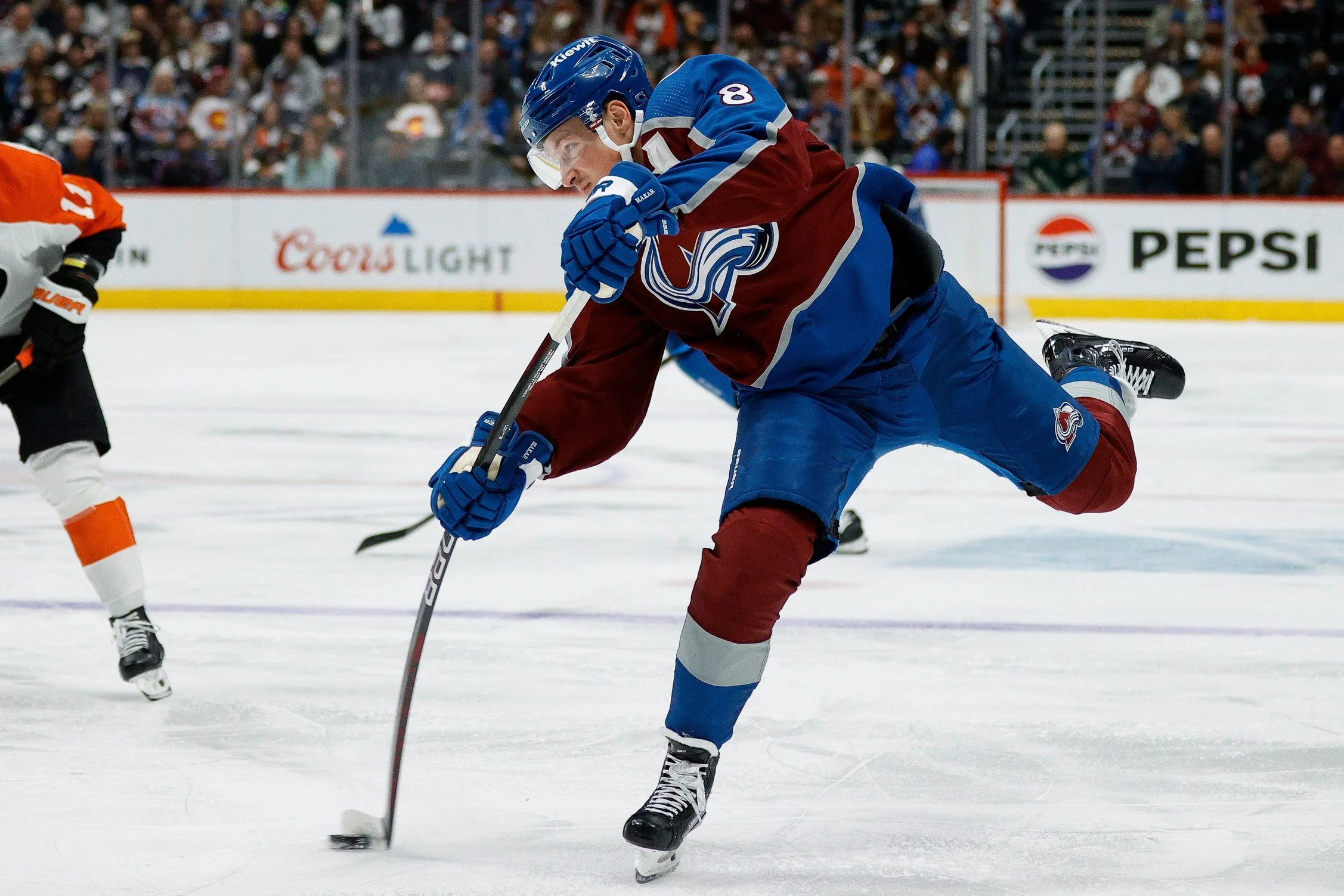The PDA Newsletter | The Car Ride Home
Part of the Evolving Parent Series
What’s the most important conversation in your kid’s hockey journey?
It’s not the one at the dinner table after tryouts.
Not the 1-on-1 meeting with their coach after they’ve made the team.
Not the one with a recruiter after they’ve played the game of their life.
Not even the one you have on a trip to visit their billet house in a few years.
It’s the one that happens in the car.
Right after the game.
Right after all the nerves.
Right after the mistake on the backcheck, or the missed backdoor tap-in, or the game-winner that wasn’t theirs, or the late goal they let in that lost them an important game.
It’s the car ride home…
Scene One: The Good Game
The buzzer sounds. They scored. They celebrated. The locker room is loud.
They’re celebrating the win with the team. They walk out smiling. Full of pride. Spirits are high.
You open the trunk. They drop their bag in.
You:
“You played great out there today.”
Them:
“Thanks.” (One airpod in, music on, scrolling Snapchat)
It feels like a win. But part of you wishes they’d say more…
Ask about your opinion. Ask for advice. Ask you to relive the moment with them.
Instead, they scroll on their phone and ride in silence. You wonder: Did that even matter to them?
Scene Two: The Bad Game
The rink suddenly seems quiet now. You can see the joy on the kids’ faces of the other team as they come out of the locker room in small groups.
On your side, no one’s saying much. You watch them walk out, shoulders hunched, eyes low. It’s one of those nights.
Maybe they got stapled to the bench.
Maybe they took a costly penalty.
Maybe the coach lit them up between periods.
Maybe the other goalie was just better.
They don’t say a word…
You:
“Tough one today. What happened on that second goal?”
Them:
A Shrug. Silence. “I don’t know.”
It’s not just frustration. It’s more than that.
They’re anxious. Wound up. Trying to hold it in. You can see it in the way they fidget with their water bottle or tug on their tie. In the way they keep their eyes fixed out the window, gazing out into the distance.
Their body is still playing the game, still chasing the mistake like a replay in their head that won’t go away.
You feel it too. You want to help.
You want to fix it.
You want to coach.
So you say something. Or you don’t. Either way, you drive home wondering if you made it worse.
What Science (and Athletes) Say
Sport psychologists refer to this window, the 30–60 minutes post-game, as a “vulnerability zone.”
Cortisol and adrenaline are still high.
Emotions override logic.
Perception of judgment skyrockets.
For players, even those with good composure, post-game anxiety is real:
Did I let the team down?
What will the coach think?
Did my parents notice that turnover?
Am I falling behind?
It’s a dangerous cocktail: mental fatigue, physical exhaustion, and the fear of disappointing the people they love the most. These feelings are even more powerful when people they care about come out to watch.
That’s why the car ride home can feel like a courtroom. One that’s riddled with anxiety. One that feels like they might have to take the stand at any moment, even if you don’t mean it to.
What Former Players Remember
We asked players who made it to Junior and the NCAA:
What did your parents say that helped most after games?
Here’s what they said:
“My dad never coached me in the car. That was huge. It made me want to play better, because I knew it wasn’t conditional.”
“When I had a bad game, my mom would just ask if I was hungry. It gave me space to breathe.”
“The best rides were when we didn’t talk about hockey unless I brought it up.”
“One time, I played terribly. I was angry. My parents just put on music and drove. No questions. Just kept their spirits high. That took my mind off the game.”
In the end, what players remember most isn’t the advice or analysis, it’s the calm, steady support that told them they were valued no matter how they played.
Concluding Thoughts
So… what’s the most important conversation in your kid’s hockey journey?
It’s not the one you lead.
It’s the one they’re ready for.
And the most powerful thing you can say on the car ride home?
“I loved watching you play.”
That sentence?
It releases the pressure valve.
It tells them: You’re not defined by your stat line.
It creates a safe space, not just in the car, but in your relationship. And their relationship with the game.
Because when hockey feels like a test, they perform to survive.
When hockey feels like the game they love, they play to grow and to learn with curiosity.
And the car ride home?
That’s where the foundation of their love for the game is built.
Actionable Advice
Try this after the next game:
Say nothing for the first 5 minutes. Let the silence breathe. That space is recovery.
When you do speak, lead with love. Try:
“That was fun to watch.”
“You looked fast today.”
“Want to grab something to eat?”
Then let them take the wheel.
If they want to talk hockey, listen. If not, let the game stay on the ice.
Because the ride home isn’t about fixing mistakes, it’s about reminding them that hockey is theirs to enjoy, and that your support isn’t conditional depending on the score or their personal performance.
Talon Mills
Up next in the PDA Newsletter
Coming Monday: The Cale Makar Case Study
Cale Makar didn’t fit the typical template of a defenseman. He broke it and rebuilt the position in his image. His speed, skill, and smarts stand out, but his real advantage? Patience. Monday’s Case Study breaks down his journey and how he became one of the most unstoppable defensemen in hockey today.






